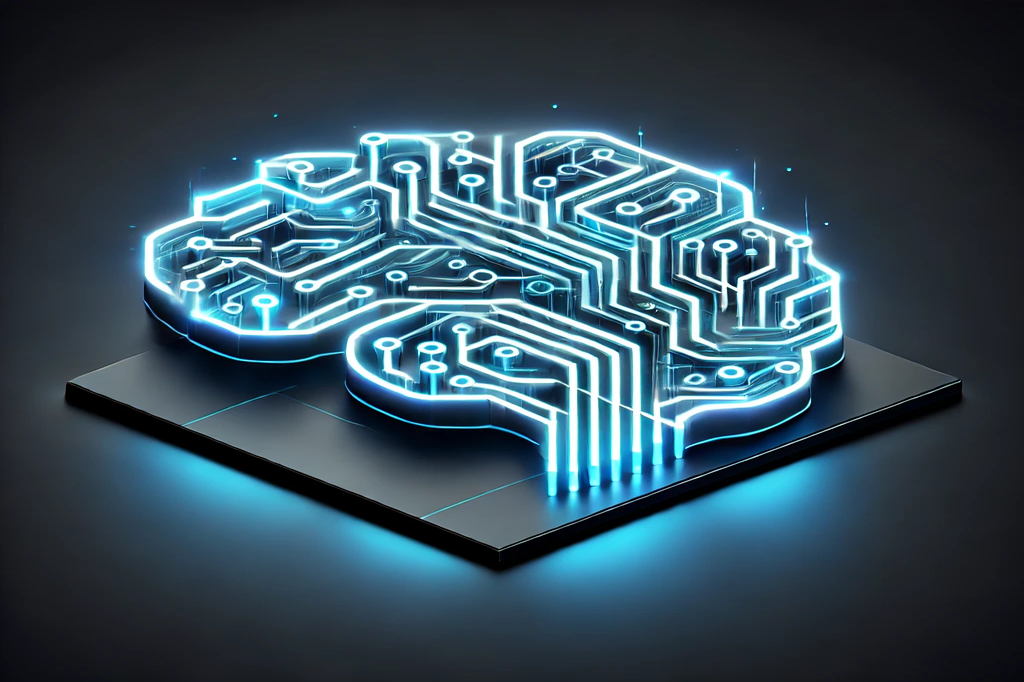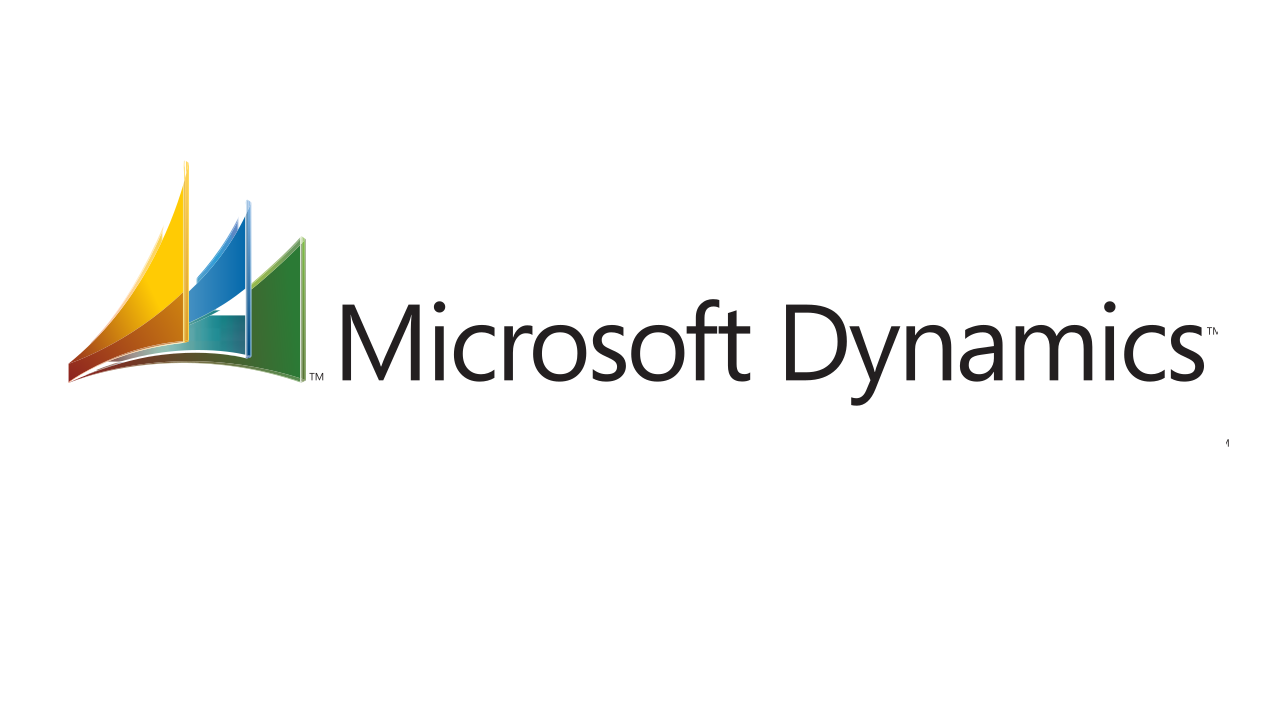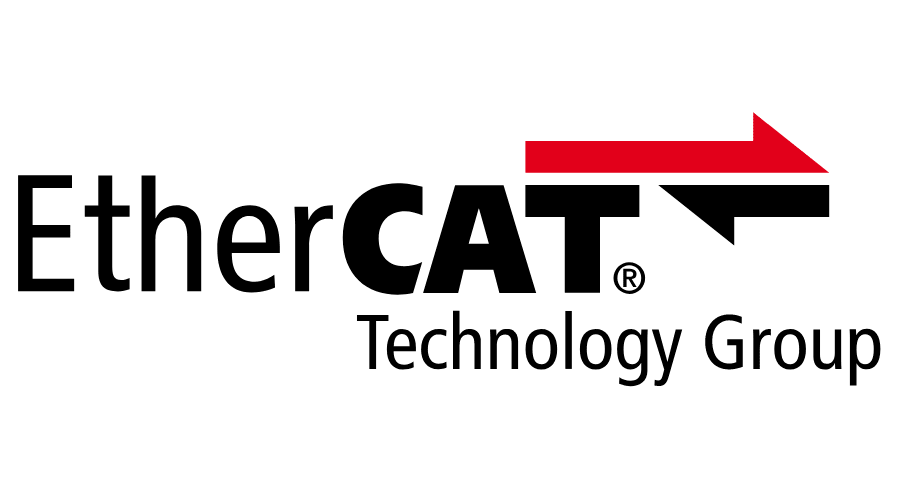Urodził się w Zawierciu (woj. Śląskie) w 1978 roku. W latach 1998-2003 studiował na Wydziale Inżynierii Mechanicznej i Informatyki Politechniki Częstochowskiej na kierunku Informatyka uzyskując stopień magistra inżyniera w 2003 roku. W październiku 2003 roku rozpoczął studia doktoranckie w dyscyplinie informatyka uzyskując tytuł naukowy doktora nauk technicznych w dyscyplinie informatyka w roku 2008. Od 1 września 2008 jest zatrudniony na stanowisku adiunkta w Katedrze Inteligentnych Systemów Informatycznych na Wydziale Inżynierii Mechanicznej i Informatyki Politechniki Częstochowskiej. Prywatnie, jak również zawodowo jest pasjonatem programowania, sztucznej inteligencji, w szczególności algorytmów czerpiących inspirację z tzw. kolektywnej inteligencji.
Zainteresowania naukowe:
- algorytmy mrówkowe,
- algorytmy bazujące na kolektywnej inteligencji,
- algorytmy hybrydowe bazujące na PSO,
- systemy rozmyte i neuronowo-rozmyte,
- sztuczne sieci neuronowe,
- modelowanie nieliniowe,
- sprzętowa implementacja systemów neuronowo-rozmytych.





